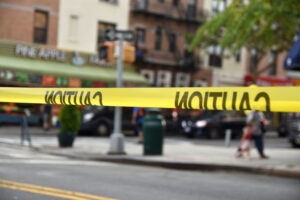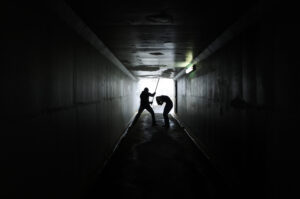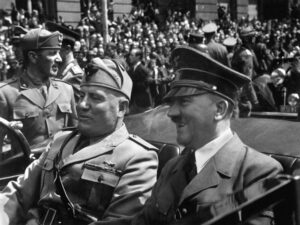From the mid 19th century the French stock exchange was based in the Palais de la Bourse, in the heart of Paris. Some 60 agents de change – official stockbrokers – operated here in a syndicate. There was a common fund which any of them could dip into to cover temporary trading losses, thus providing individual brokers with a safety net; the prospect of a systemic breakdown had never even been considered. But that’s what happened in 1882: the common fund was insufficient to prop up Bourse trading, causing the most serious French economic crisis of the 19th century. Only government intervention prevented the stock exchange from closing and the entire financial system from unravelling.
The crash was triggered by the collapse of l’Union Generale, a bank established by Catholic grandees in 1876 to compete with the famous German-Jewish Rothschild bankers. L’Union Generale produced excellent company reports and its shares appeared a safe investment in a turbulent market. Demand pushed up the share price, encouraging ever more investors to believe it was a safe bet. By January 1882 the price had risen from an initial 500 francs to 3,000 francs.
Suddenly it all seemed too good to be true. Nervous investors started to sell and the price plummeted accordingly, causing mass panic. The Lyons branch of l’Union Generale was besieged by depositors demanding their money. But the bank didn’t have it. Instead it had to close its doors. At the same time all share prices started to fall and the Bourse didn’t have the means to continue trading.
It was rumored that the crisis had been engineered by enemies of the Catholic Church, either Freemasons or Jews. In fact the directors of l’Union Generale had over extended themselves and falsified the accounts. It was nothing but brazen dishonesty that broke the Bourse.
When: January 1882
Where: Paris, France
Toll: Around a third of stockbroking firms’ agents de change were either brought to the edge of ruin or completely bankrupted and many people, the artist Paul Gauguin among them, lost their jobs. France slid into a deep recession that lasted for most of the decade.
You should know: The French recession was part of a much wider economic depression that affected the whole of Europe and the USA.






















